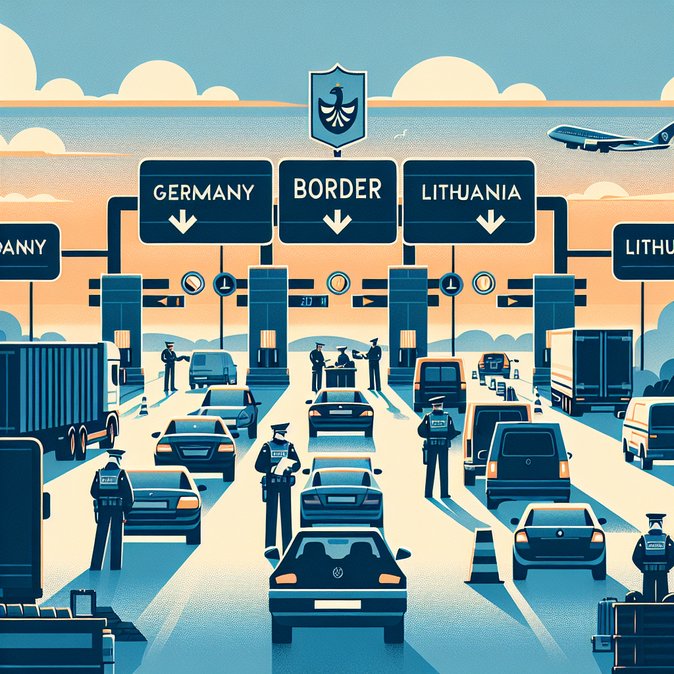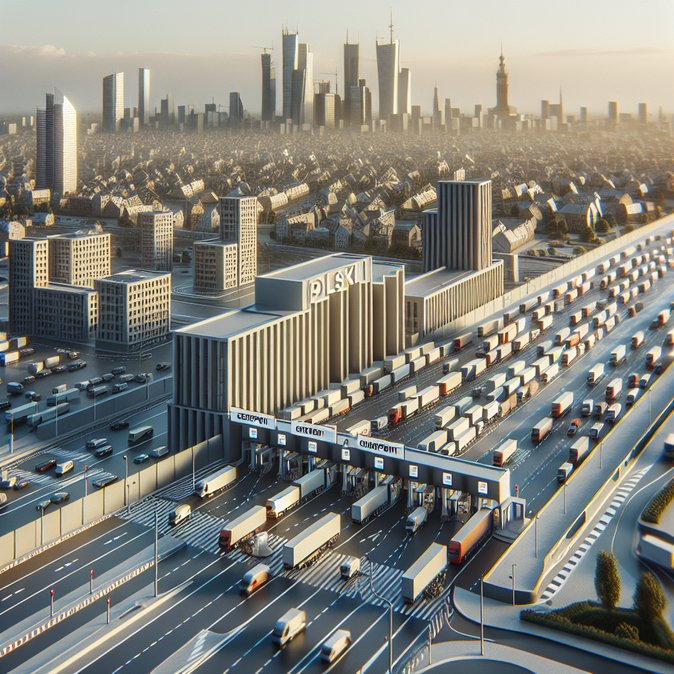
The Polish government has confirmed that temporary controls on its normally open borders with Germany and Lithuania will remain in place for at least another six months, until 4 April 2026. The decision comes after Border Guard statistics showed 45 attempted illegal crossings from Belarus between 21 and 23 November and the arrest of a suspected smuggler. Officers have examined more than 28,700 travellers and 14,200 vehicles on the Lithuanian axis, and 17,500 passengers arriving from Germany, refusing entry to eight individuals.
Warsaw invoked Article 25 of the Schengen Borders Code, which allows member states to re-introduce internal checks in the face of “instrumentalised migration” and security threats. The extension places Poland among nine EU countries currently exercising those emergency powers and keeps a 78-km buffer zone along the Belarus border in force.
![Poland Prolongs Internal Schengen Border Checks Until April 2026]()
Business-travel planners are already feeling the knock-on effects. Even EU nationals must carry identity documents and expect random inspections when driving or taking rail services into Poland. Logistics operators report intermittent 20–40-minute truck queues on the A2 and A12 corridors, complicating just-in-time deliveries for automotive and retail supply chains. Employers whose staff commute daily across the Oder or Suwałki Gap are adding buffer time to rosters and reminding non-EU assignees to carry both passports and residence cards.
Politically, Warsaw argues that the checks are an unavoidable complement to its new biometric Entry/Exit System, but business chambers warn that prolonged controls could erode Poland’s role as a regional logistics hub if they are not lifted once migration pressure subsides.
Warsaw invoked Article 25 of the Schengen Borders Code, which allows member states to re-introduce internal checks in the face of “instrumentalised migration” and security threats. The extension places Poland among nine EU countries currently exercising those emergency powers and keeps a 78-km buffer zone along the Belarus border in force.

Business-travel planners are already feeling the knock-on effects. Even EU nationals must carry identity documents and expect random inspections when driving or taking rail services into Poland. Logistics operators report intermittent 20–40-minute truck queues on the A2 and A12 corridors, complicating just-in-time deliveries for automotive and retail supply chains. Employers whose staff commute daily across the Oder or Suwałki Gap are adding buffer time to rosters and reminding non-EU assignees to carry both passports and residence cards.
Politically, Warsaw argues that the checks are an unavoidable complement to its new biometric Entry/Exit System, but business chambers warn that prolonged controls could erode Poland’s role as a regional logistics hub if they are not lifted once migration pressure subsides.








